News and features
Read the latest news and features about our world-leading research, discoveries, fundraising and philanthropy. If you want to keep updated on our news, you can follow us on social media or sign up for our Search newsletter.
If you’re a journalist and want to find out more, you can contact our media relations team.

ICR Chief Executive Paul Workman named one of London’s most influential people
Professor Paul Workman, Chief Executive of The Institute of Cancer Research, London, has been named in the Evening Standard’s Progress 1000 list of the most influential people in London.
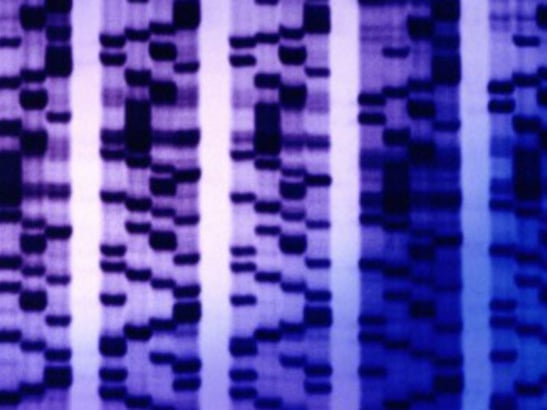
Single-letter variation in DNA linked to longer bowel cancer survival
A single letter in a strand of DNA within tumours is linked to longer survival times for some patients treated for bowel cancer, a new study reveals.

ICR’s microscope appeal raises £50,000 for cutting-edge research
A new fundraising appeal by The Institute of Cancer Research, London, for research using a new type of high-tech microscope has raised an amazing £50,000.
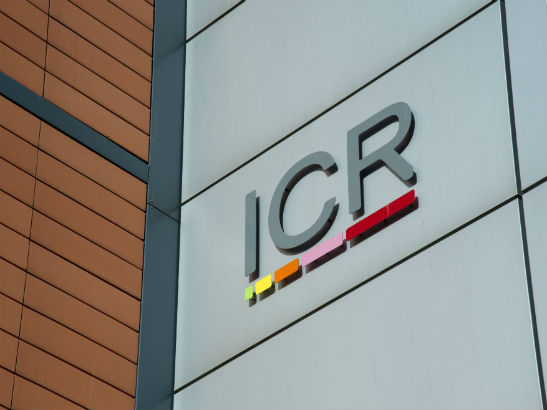
Statement about NICE decision on radium-223
The Institute of Cancer Research, London, has issued a statement in response to the decision by NICE to approve the use of radium-223 for treating hormone-relapsed prostate cancer with bone metastases if docetaxel chemotherapy isn’t a suitable treatment option.

Blood test to spot new breast cancer subtype delays progression for twice as long
A blood test that detects when the most common form of breast cancer has become resistant to treatment could double the average time it takes for the disease to progress, from around two-and-a-half to around six months, a new study shows.
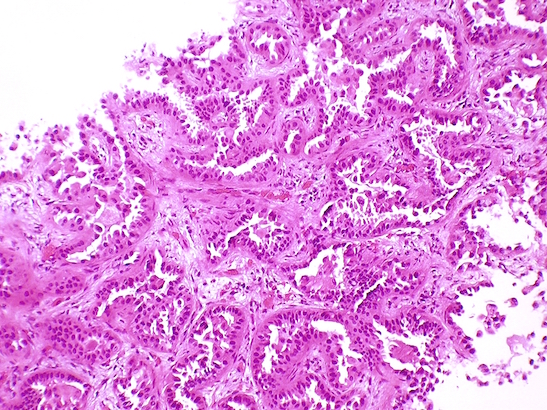
Scientists discover drug combination slows lung cancer cell growth
Scientists have shown that a drug combination slows cancer cell growth in a type of non-small cell lung cancer when tested in the lab, offering potential for developing new treatments in the future.
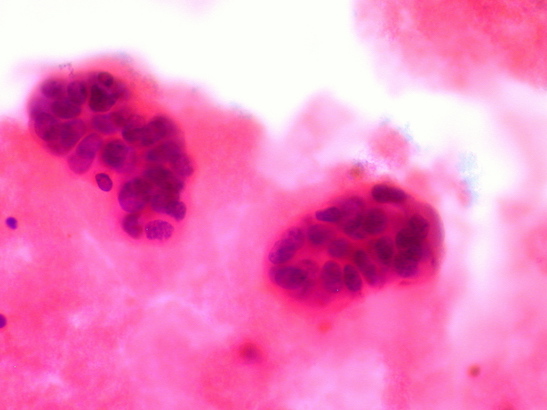
Effect of combined HRT on breast cancer risk likely to have been underestimated, new study finds
The effect of combined hormone replacement therapy (HRT) in increasing a woman’s risk of breast cancer is likely to have been underestimated by a number of previous studies, according to a new prospective study published in the British Journal of Cancer.

Inspired by the Olympics?
If watching the stunning displays of athleticism in the Olympics inspired you to become more physically active, then why not consider becoming part of Team ICR? You could take part in one or more of our exciting sporting challenges — either here in the UK or around the world
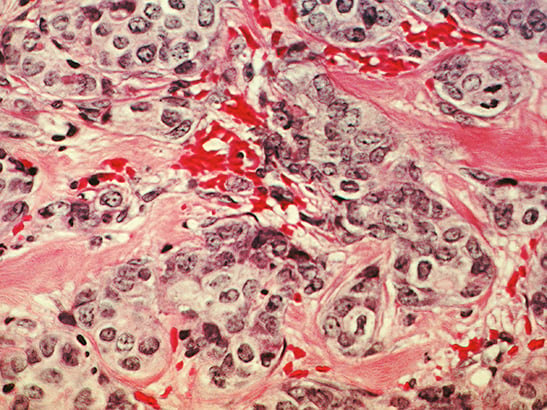
Study links two genes to breast cancer survival
Testing for the activity of two genes could pick out women who are at increased risk of dying from their breast cancers, suggests a new study of almost 2,000 patients.

Research reveals insights into genetics behind common blood cancer
Scientists have identified how an inherited genetic variant, associated with an increased risk of developing the most common type of leukaemia, helps cancer cells survive.
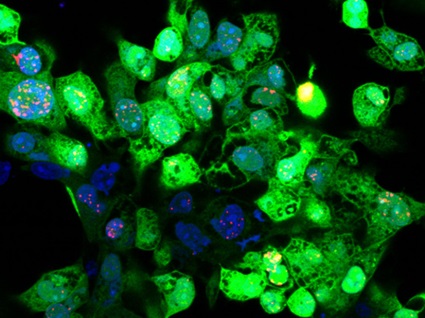
Radiotherapy supercharges cancer-targeting viruses to treat deadly skin cancer
Combining radiotherapy with a virus that targets cancer cells kicks both treatments into overdrive to treat the deadliest form of skin cancer, a new study shows.
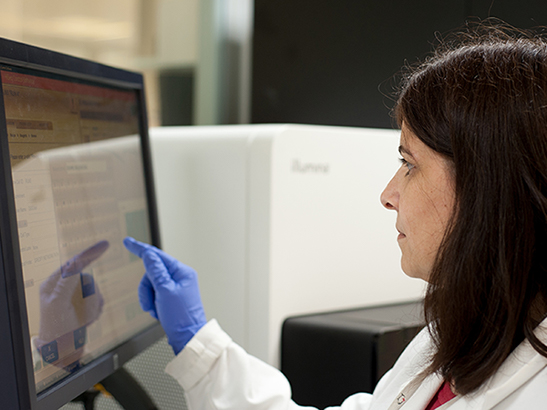
Gene testing in rare tumour type could uncover ‘cancer families’
Genetic testing of patients with a rare form of cancer that can affect children and young adults can pick out genetic errors hidden in their family tree which increase the risk of a wide variety of cancer types.
